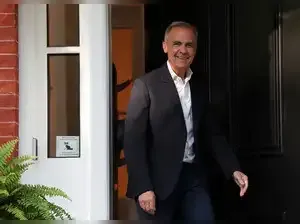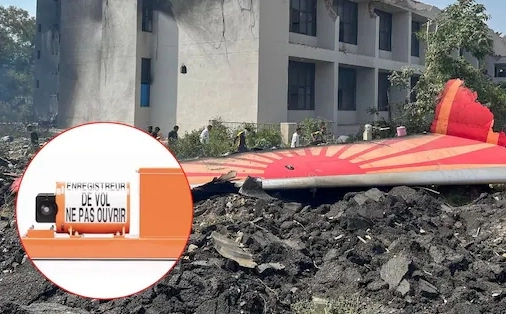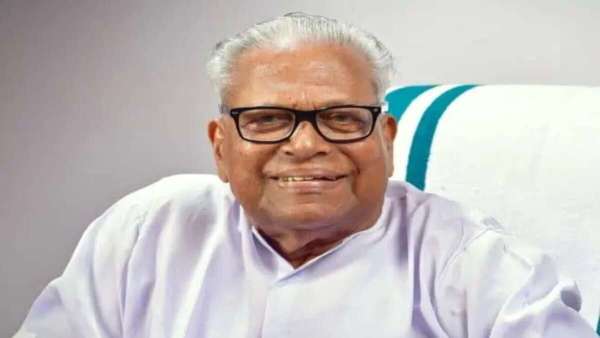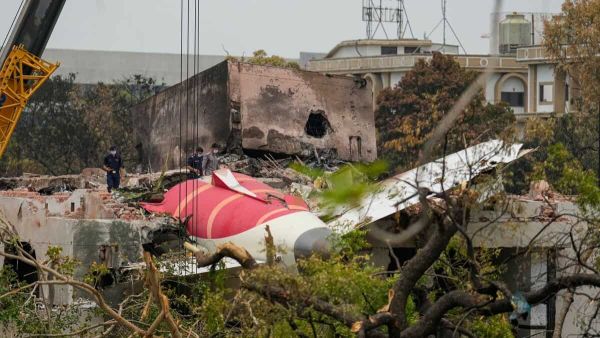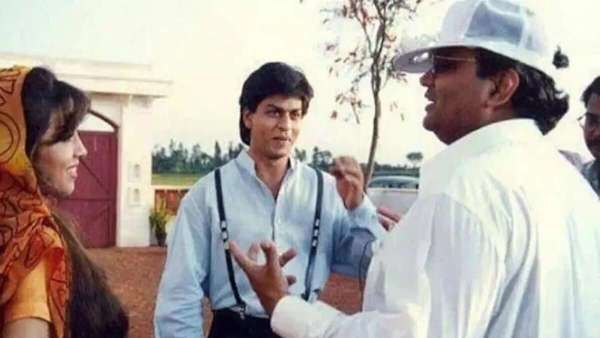As G7 leaders gather this weekend, Canada finds itself balancing economic opportunity, international tension, and domestic unease.
For Prime Minister Mark Carney, this summit isn’t just another global gathering but a chance to reshape Canada's image. Known for his finance expertise at the Bank of Canada and Bank of England, Carney is under pressure to dial down US trade tensions, foster new alliances, and redefine Canada’s role in a fracturing world
The summit begins with a cloud of the 2018 meeting’s discord. President Trump famously balked at a G7 communique, calling it the “G6 plus one.” Backed by experts, Canada is working to preempt such ruptures this time. Trump’s ongoing tariffs and tough rhetoric loom large, setting the scene for what UBC’s Allen Sens calls a potential “nightmare scenario,” unless Canada lands a breakthrough deal with the US.
Yet the scale of Trump’s trade wars this time means leaders will likely be clamouring for their deals on tariffs and other issues beyond the official G7 communique, including Canada.
Who will attend the G7?
Leaders from several non-G7 nations, including Mexico, Brazil, South Korea, Australia, South Africa, and Ukraine, will also take part in the summit.
Mexican President Claudia Sheinbaum’s presence is particularly notable, marking the first time all three North American leaders will meet face-to-face since former President Trump’s trade wars put strain on the Canada-United States-Mexico Agreement (CUSMA), which is scheduled for review in 2026.
Meanwhile, Ukrainian President Volodymyr Zelenskyy has vowed to push for meaningful action at the summit and other upcoming global meetings, warning against what he called “hollow” declarations regarding the ongoing war in Ukraine.
A reset with India?
Carney has invited Indian Prime Minister Narendra Modi, citing India’s role in global supply chains. But the move has sparked strong backlash from Canada’s Sikh community, still grieving the 2023 killing of activist Hardeep Singh Nijjar, allegedly orchestrated by Indian agents.
Sikh activist Moninder Singh voiced his pain: “Deeply insulting, Sikh lives aren't as important as the fifth‑largest economy”. Critics argue the invite prioritizes trade over justice, with calls for conditions attached, such as a formal Indian inquiry. Yet Carney maintained that Modi agreed to “law enforcement dialogue,” and law enforcement cooperation would continue.
Carney’s government also invited Saudi Arabia’s Crown Prince Mohammed Bin Salman to the summit, but the Saudi leader will not be attending the summit.
Security, AI & supply chains
Canada’s agenda extends far beyond geopolitics. Delegates will explore energy security, resilience in critical mineral supply chains, wildfire response, AI governance, and global health innovation, including antimicrobial resistance and life-sciences partnerships.
Finance ministers in Banff last month set the tone, agreeing to pursue stable growth, tackle financial crime, and support Ukraine
Domestic voices are divided as NDP MP Charlie Angus called Trump a “gangster” and urged Canada to resist his influence. Meanwhile, Liberal MPs caution against sidelining Sikh concerns, urging conditions on Modi’s attendance. Carney defended his decisions as pragmatic, not about favoritism, but about positioning Canada at the forefront of global change.
From June 15–17, Kananaskis will be Canada’s global spotlight. The summit tests whether the country can thread the needle, calming US trade spats, mending ties with India, and reaching consensus on innovation and security.
For Prime Minister Mark Carney, this summit isn’t just another global gathering but a chance to reshape Canada's image. Known for his finance expertise at the Bank of Canada and Bank of England, Carney is under pressure to dial down US trade tensions, foster new alliances, and redefine Canada’s role in a fracturing world
The summit begins with a cloud of the 2018 meeting’s discord. President Trump famously balked at a G7 communique, calling it the “G6 plus one.” Backed by experts, Canada is working to preempt such ruptures this time. Trump’s ongoing tariffs and tough rhetoric loom large, setting the scene for what UBC’s Allen Sens calls a potential “nightmare scenario,” unless Canada lands a breakthrough deal with the US.
Yet the scale of Trump’s trade wars this time means leaders will likely be clamouring for their deals on tariffs and other issues beyond the official G7 communique, including Canada.
Who will attend the G7?
Leaders from several non-G7 nations, including Mexico, Brazil, South Korea, Australia, South Africa, and Ukraine, will also take part in the summit.
Mexican President Claudia Sheinbaum’s presence is particularly notable, marking the first time all three North American leaders will meet face-to-face since former President Trump’s trade wars put strain on the Canada-United States-Mexico Agreement (CUSMA), which is scheduled for review in 2026.
Meanwhile, Ukrainian President Volodymyr Zelenskyy has vowed to push for meaningful action at the summit and other upcoming global meetings, warning against what he called “hollow” declarations regarding the ongoing war in Ukraine.
A reset with India?
Carney has invited Indian Prime Minister Narendra Modi, citing India’s role in global supply chains. But the move has sparked strong backlash from Canada’s Sikh community, still grieving the 2023 killing of activist Hardeep Singh Nijjar, allegedly orchestrated by Indian agents.
Sikh activist Moninder Singh voiced his pain: “Deeply insulting, Sikh lives aren't as important as the fifth‑largest economy”. Critics argue the invite prioritizes trade over justice, with calls for conditions attached, such as a formal Indian inquiry. Yet Carney maintained that Modi agreed to “law enforcement dialogue,” and law enforcement cooperation would continue.
Carney’s government also invited Saudi Arabia’s Crown Prince Mohammed Bin Salman to the summit, but the Saudi leader will not be attending the summit.
Security, AI & supply chains
Canada’s agenda extends far beyond geopolitics. Delegates will explore energy security, resilience in critical mineral supply chains, wildfire response, AI governance, and global health innovation, including antimicrobial resistance and life-sciences partnerships.
Finance ministers in Banff last month set the tone, agreeing to pursue stable growth, tackle financial crime, and support Ukraine
Domestic voices are divided as NDP MP Charlie Angus called Trump a “gangster” and urged Canada to resist his influence. Meanwhile, Liberal MPs caution against sidelining Sikh concerns, urging conditions on Modi’s attendance. Carney defended his decisions as pragmatic, not about favoritism, but about positioning Canada at the forefront of global change.
From June 15–17, Kananaskis will be Canada’s global spotlight. The summit tests whether the country can thread the needle, calming US trade spats, mending ties with India, and reaching consensus on innovation and security.



